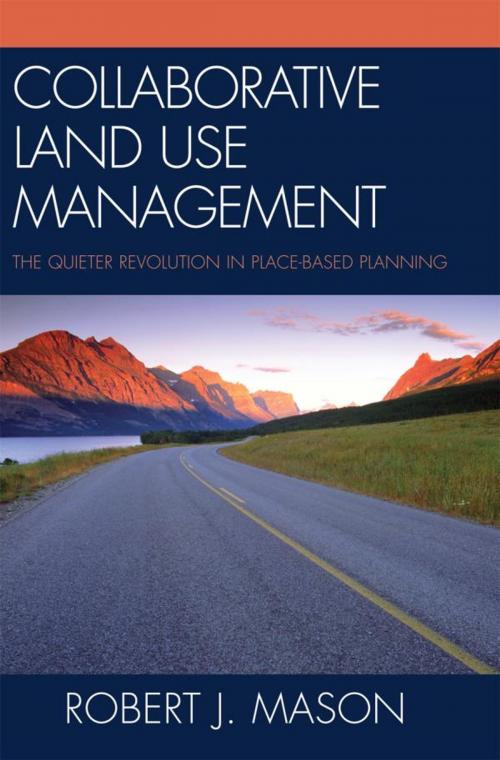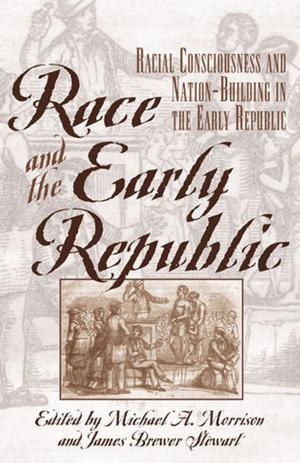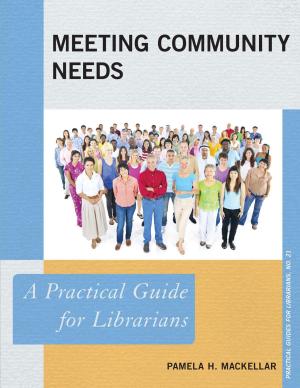Collaborative Land Use Management
The Quieter Revolution in Place-Based Planning
Nonfiction, Science & Nature, Nature, Environment, Environmental Conservation & Protection| Author: | Robert J. Mason | ISBN: | 9780742573994 |
| Publisher: | Rowman & Littlefield Publishers | Publication: | September 27, 2007 |
| Imprint: | Rowman & Littlefield Publishers | Language: | English |
| Author: | Robert J. Mason |
| ISBN: | 9780742573994 |
| Publisher: | Rowman & Littlefield Publishers |
| Publication: | September 27, 2007 |
| Imprint: | Rowman & Littlefield Publishers |
| Language: | English |
Collaborative Land Use Management: The Quieter Revolution in Place-Based Planning discusses the less-regulatory approaches to land use management that have emerged over the past 35 years, analyzing the collective value of such place-based planning approaches as land trusts, open-space ballot measures, watershed conservancies, ecoregional plans, and smart-growth initiatives. Collaborative Land Use Management appraises these trends from physical, social, economic, civic, and environmental justice perspectives. Mason seeks to answer such questions as:
· What are the environmental justice implications of smart-growth efforts?
· How is the property-rights movement affecting collaborative planning?
· What is the significance of newly created planning regions?
· What do these approaches mean in the larger context of the future of the American landscape?
· How do we begin to evaluate and assess these efforts?
Robert Mason pulls together a wide array of land-use planning initiatives into a synthetic and critical story. Incorporating many insightful case studies, Collaborative Land-Use Management is intended for planners, practitioners, policy-makers, geographers, and students with interests in environment and landscape.
Collaborative Land Use Management: The Quieter Revolution in Place-Based Planning discusses the less-regulatory approaches to land use management that have emerged over the past 35 years, analyzing the collective value of such place-based planning approaches as land trusts, open-space ballot measures, watershed conservancies, ecoregional plans, and smart-growth initiatives. Collaborative Land Use Management appraises these trends from physical, social, economic, civic, and environmental justice perspectives. Mason seeks to answer such questions as:
· What are the environmental justice implications of smart-growth efforts?
· How is the property-rights movement affecting collaborative planning?
· What is the significance of newly created planning regions?
· What do these approaches mean in the larger context of the future of the American landscape?
· How do we begin to evaluate and assess these efforts?
Robert Mason pulls together a wide array of land-use planning initiatives into a synthetic and critical story. Incorporating many insightful case studies, Collaborative Land-Use Management is intended for planners, practitioners, policy-makers, geographers, and students with interests in environment and landscape.















